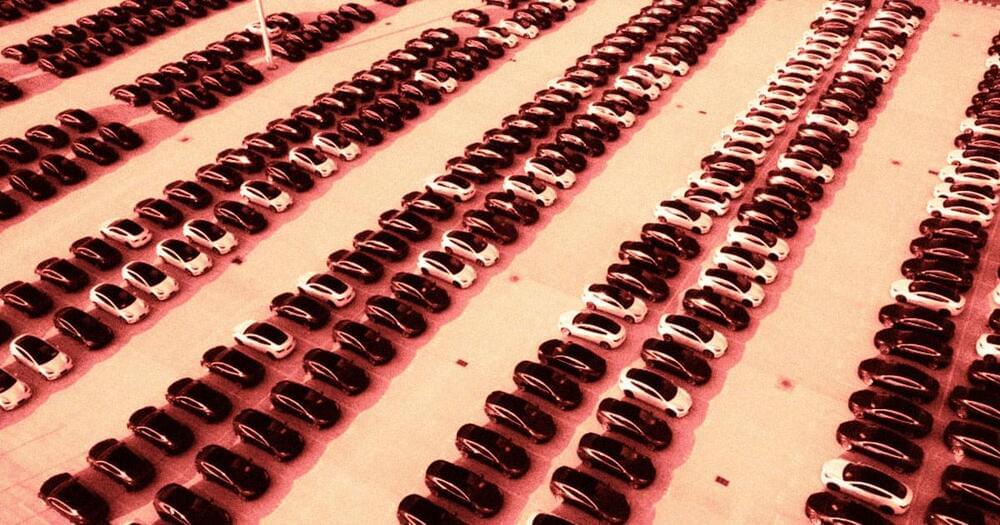Track code: TD-3
Abstract:
Solar Sails are at the same stage of engineering development as electric motors were in the 1830’s. Each attribute of solar flux has been examined in isolation, such as photon, proton, plasma, and electrodynamic systems. This talk recommends designing a simple baseline system that converges multiple propulsion methods into optimized systems, as is currently done with electric motors. Many convergences can come from this solution space. Once a baseline design is created, AI genetic algorithms can “flight test” and refine the designs in simulation to adjust proportions and geometry. Once a base design is refined, a second AI evolution pass would design fleet systems that flock like birds to optimize performance. These could fly as a protective shield around Mars crewed fleets, provide space based solar power, deploy rapid reaction probes for interstellar comets, and be used in NEO asteroid mining. In the long term, fleets of solar energy management vehicles can provide orbital Carrigan event protection and Martian solar wind protection for terraforming. This talk is also a case study in how technology revolutions happen, and how to accelerate the creation and democratization of technical solutions.
From the 24th Annual International Mars Society Convention, held as a Virtual Convention worldwide on the Internet from October 14–17, 2021. The four-day International Mars Society Convention, held every year since 1,998 brings together leading scientists, engineers, aerospace industry representatives, government policymakers and journalists to talk about the latest scientific discoveries, technological advances and political-economic developments that could help pave the way for a human mission to the planet Mars.
Conference Papers and some presentations will be available on www.MarsPapers.org.
For more information on the Mars Society, visit our website at www.MarsSociety.org.
#MarsSociety #MarsSocCon2021


